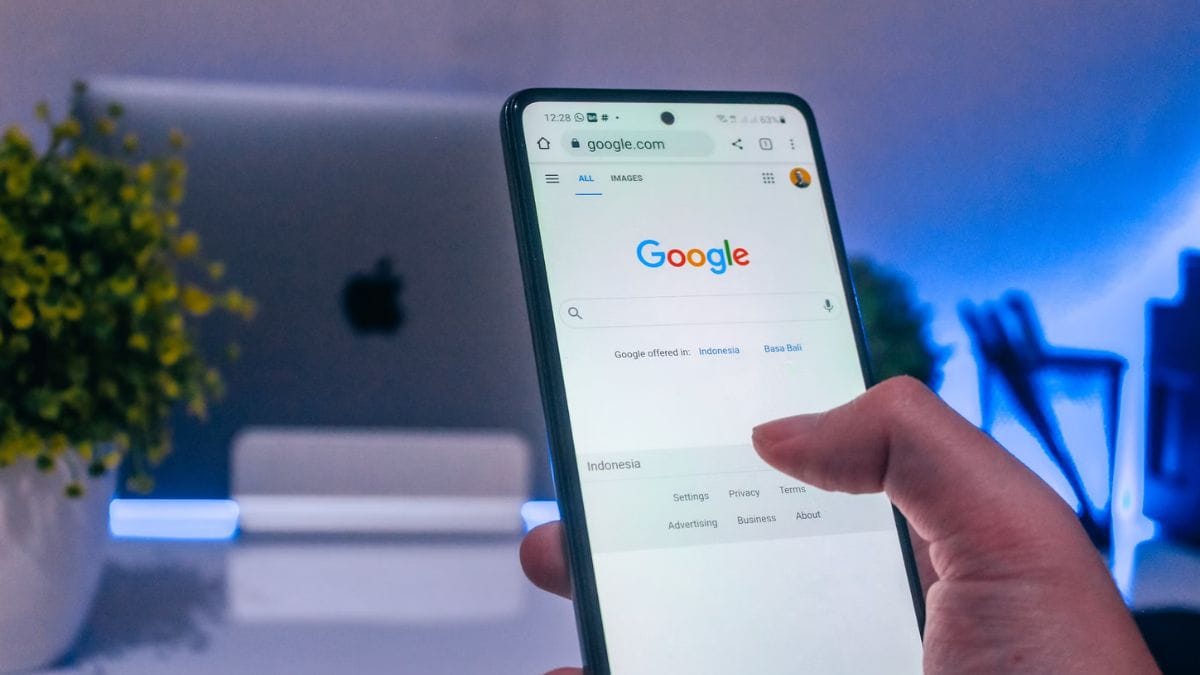Google Chrome announced a new approach to handling third-party cookies on Monday. With this move, it no longer has plans to deprecate them. Instead, Google says it will allow users to make an “informed choice” which can be adjusted at any time while browsing on the web. This development comes as a major modification to the technology conglomerate’s original plan of phasing out third-party cookies entirely, which it announced in 2020 but has since been pushed back due to flak from other parties.
Third-Party Cookies on Google Chrome
In a blog post, Google emphasised its new strategy for dealing with third-party cookies. The company proposed an updated approach by revealing plans to introduce a “new experience” to Chrome. As per the company, it is currently in discussions with regulators before it rolls it out.
With this move, it would allow users to make an “informed choice” which will be applicable across their web browsing experience, instead of completely eliminating its dependency on third-party cookies.
Google first announced plans in 2020 to phase out third-party cookies by 2022. However, due to flak from advertisers and facing regulatory issues, the plans were delayed multiple times, with the latest timeline suggesting third-party cookie deprecation by Q1 2025. At the time, the UK’s Competition and Markets Authority (CMA) had thwarted Google’s proposed move, stating that its Privacy Sandbox could potentially limit the competition.
Following the latest announcement, CMA says it is reviewing Google’s new approach to third-party cookies and its impact. It is also inviting public views on the matter till August 12.
IP Protection
In addition to abandoning plans for phasing out third-party cookies, Google also announced that it will offer additional privacy controls to users, starting with “IP Protection” in Chrome’s Incognito Mode.
As per the company, it will anonymise users’ IP addresses and mask it from being used by web-wide cross-site tracking third parties. It will stop a destination origin from seeing the user’s original IP address and ensure that the content between the client and the destination origin cannot be accessed by proxy and network intermediaries.























